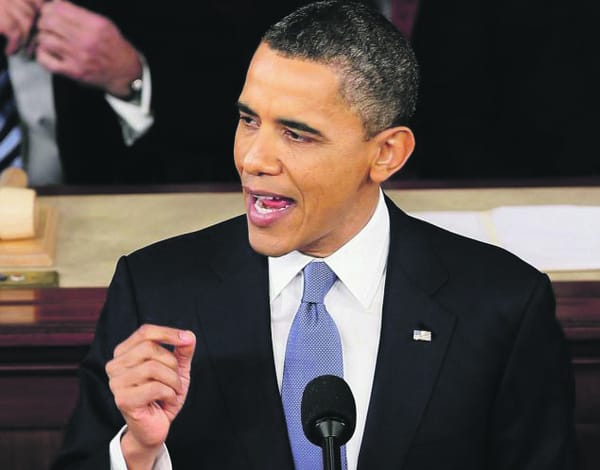NHS reforms: too fast, too furious?
Do we take NHS for granted?

David Cameron has said “fundamental changes” are needed in the NHS. Defending reforms for England, he told the BBC it was right to start now and change was being done “steadily” - amid criticism it is being done too fast. The heads of six health unions, including the BMA, have warned of their “extreme concerns” about greater commercial competition between the NHS and private companies.
What we are witnessing is a major shift of how the NHS system runs. When it was created in 1948 it was centrally controlled. Now the government wants most of the responsibility to be shifted to consortiums of GPs. The idea is to restructure the NHS so that it will be much like how the telecoms industry was broken up. In the near future GPs will be buying services from providers for their patients. The government and other bodies agree that many of these service providers will be closed down and conglomerated with others.
The NHS also needs to have 15-20 billion pounds of ‘efficiency savings’ all before the next general election. The government also want to drastically improve public health so that local government and communities can provide innovative, dynamic methods to solve lifestyle-driven diseases. The food industry is also helping to re-write how the policies are made for advertising and promoting healthier foods; many of whom are the producers of foods that are very detrimental to our health. They will also provide food coupons as an incentive for those who are least likely to change their habit.
What is intriguing is that the majority of the health bodies still support the planned changes mainly to the NHS. However they do believe that the timeline set for 2013 is far too concise for a major overhaul.
Recently the head of the Royal College of GPs and the Head of the BMA said that this whole re-structuring was unnecessary. Simple tweaks like the number of clinicians representing the Primary Care Trust board would pave the way for the NHS to be what the government aims. Unfortunately the government dismisses it replying it would only create more bureaucracy. In the end who do we trust?
I believe that re-structuring the NHS is ideal if and only if the majority of the medical profession believe that with given time what is planned out actually can make a difference.
In 2002, the Wanless report stated that we had to invest more money into the NHS and we did under Labour. But there was a critical point. It had to be spent wisely and have constant up-to-date reports on its improvement especially productivity. If it went well, then after 2020 for every 10 pounds we have in our pocket, 1 will go to the NHS. If however it went wrong, it will be in every 8 quid. After spending had arisen productivity was actually falling, as stringent checks became fewer. It seems this restructure could be ideal.
What I am concerned about is, with so many government alterations, I can’t help but wonder if we are missing the key element here - Personal responsibility. Where has it gone?
Perhaps it’s time for the public to realise that the NHS or for any public service, that it is not free to run and that it is all paid for by every tax payer in this country. Perhaps if we realised that more often and appreciated the benefits, more of us would be voicing our opinions on why our culture of binge drinking, unprotected sex and obesity is so prominent in this country.
It is not fair to see patients whose whole life has been unpleasant and are on the organ transplant waiting list, to witness a healthy, irresponsible patient acquiring an organ because they overdosed while enjoying themselves, leaving the NHS to foot the bill to rectify the damage.
There is a famous phrase: Prevention is better than a cure. I believe research is still vital for possible remedies, but perhaps we should try understanding more why the public do make the choice of abusing their health and try rectifying the situation before it is too late.
All I can say is that perhaps if we are to change the system so much, more time needs to be implemented to allow everything to be more closely scrutinised to make sure of its importance. Perhaps we could get a little lesson from other countries such as Sweden.
In the meantime, public perception is paramount to being altered. All medical professionals advise us to look after our own body; by doing that we will respect others. Perhaps it may even remedy other social issues such as crime caused by anti-social behaviour.
Maybe it’s all too idealistic and we have to continue to work against a tsunami of what people desire.
I just hope that we all can in times of dire need look forward to basic high-quality healthcare that we take so much for granted.









